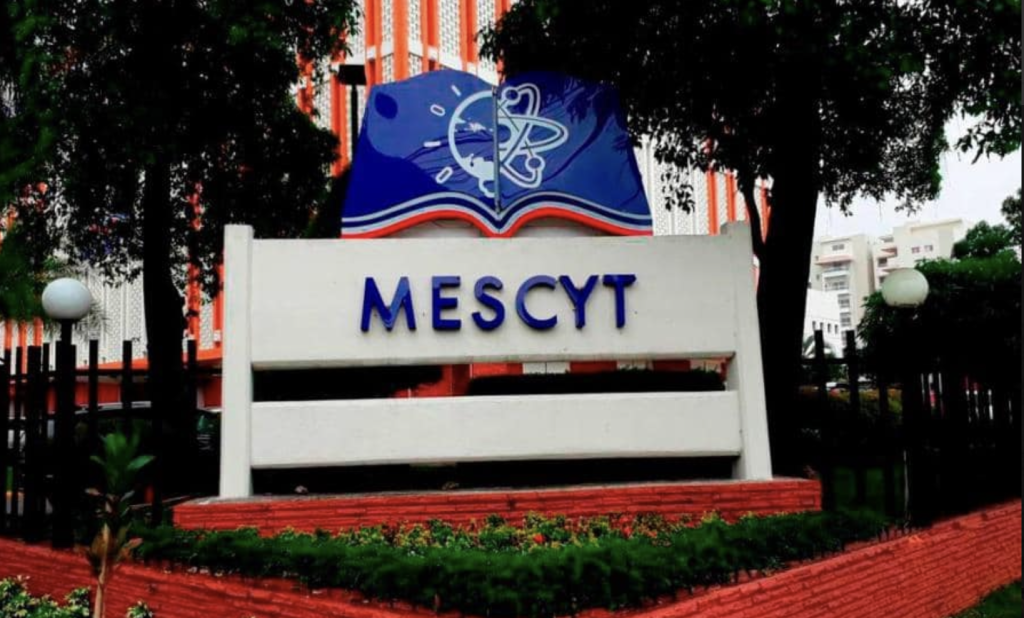
The Dominican Republic is steadily positioning itself as a leading academic hub in the Caribbean and Central America, with growing international interest in its higher education system. According to the Minister of Higher Education, Science and Technology (Mescyt) Franklin García Fermín, the country is becoming an increasingly attractive destination for students, particularly in fields like medicine, engineering, and STEM disciplines.
Currently, around 600,000 students are enrolled in higher education across the country, with about 120,000 studying online. The Dominican Republic has 57 universities and multiple technical and specialized institutes catering to both local and international learners.
At a meeting hosted by Listín Diario, Minister García Fermín explained that this vision is already materializing through collaboration with key international bodies, such as the United States Educational Commission for Foreign Medical Graduates (ECFMG). These efforts aim to make the Dominican Republic a recognized academic destination for foreign students, particularly in medical education.
One example is the University of the Caribbean (Unicaribe), which recently welcomed nearly 200 students from Guyana interested in studying medicine. Several other medicine schools cater to foreign students, including O&M Medical School, Unibe and Universidad Central del Este. Thousands of Dominican medical school graduates are today working in the United States. Thousands have also done residencies abroad.
Vice Minister Juan Francisco Viloria emphasized that US students who graduate from Dominican universities are eligible to complete their medical residencies abroad and practice medicine internationally. MESCYT also continues to strengthen educational ties with countries such as Mexico to promote academic exchange in both directions.
Minister Fermin says there has also been a significant rise in interest among Dominican students in STEM fields (Science, Technology, Engineering, and Mathematics). From 2015 to 2023, enrollment in STEM programs increased from 15.39% to 17.03%, with the number of students rising from 73,875 in 2015 to 91,869 in 2023—a record high. However, the gender gap remains a challenge: only 25,715 of the 539,301 students in 2023 were women in STEM fields.
The spokespeople for Mescyt say the ministry staff is actively working to close this gap by promoting female participation and offering scholarships in key areas such as data science, artificial intelligence, cybersecurity, digital intelligence, renewable energy technology, and cybermarketing.
The Abinader administration last year announced the merger of the Ministry of Superior Education with the Ministry of Education.
Read more in Spanish:
Listin Diario
Diario Libre
26 June 2025

